OF
PLANETARY
DIPLOMACY
An operative platform of environmental journalist-advocates for territorial research and geopolitical crisis.
The platform is fed by an active network of researchers, students and organisations on ground worldwide, operating remotely and decentralized. The research-projects develops digital collaborative cartographies and living maps, while denouncing agents of disturbance and the exhaustion of exceptional ecological resources and vulnerable lands and communities.
The meta territories and self-governing zones hypothesize on self-providing performative infrastructures: planetary ecosystem services for the future, able to reorient the life-existence within the established geopolitical territorial control.
THE COLLABORATIVE NORDIC-ARCTIC ATLAS (SMALL VISIONARY PROJECT GRANT 2023-2024)
xxx
The research tackles climate change through art, science, and education by revisiting the ecosystem values and violations of the boundaries of human and nature's rights, envisioning post-industrial Edens of high natural and cultural capital.
With a strong pedagogical orientation, the territorial research projects open up for subjective experiences in distance learning methodologies, proposing the hybridization of immersive environments and open source technologies. The active network operates worldwide, remotely, and decentralized, creating cooperative cartographies and collaborative, living maps, while denouncing agents of disturbance and the exhaustion of exceptional ecological resources and vulnerable lands and communities.
The result is an agency/laboratory of advocacy and diplomacy research projects, performing complex social and environmental re-engineering of the past, present, and future.
The Laboratory develops an atlas of advocacy and diplomacy research projects focused on social and environmental re-engineering, by analysing pattern from post-industrial geographies, diverse forms of ecologies, and cultural narratives.
Geopolitical, social, and environmental concerns are analysed from molecular to planetary scale, proposing and testing infrastructure for engagement, able to host the life of humans and non-human species. By mapping the patterns of industries, the landscape as a productive surface, human and infrastructural geographies.
The research tackles climate change through art, science, and education by revisiting the ecosystem values and violations of the boundaries of human and nature's rights, envisioning post-industrial edens of high natural and cultural capital.
xxx
xxx
Umeå School of Architecture
Research Group led by Alejandro Haiek
in collaboration with Luis Pimentel and Tomas Mena, Raquel Colacios.
The Collaborative Arctic-Nordic Atlas: An intersectional and multiscale cartography aims to collect and visualize data related to social and environmental injustice from a spatial perspective.
The goal of the Collaborative Arctic-Nordic Atlas is two-fold: on one hand it aims to embed social and environmental justice in future design strategies of climate change adaptation; and on the other hand, it aims to empower and give voice to traditionally unheard communities affected by processes of injustice.
2018-2023
Umeå School of Architecture
Led and coordinated by Alejandro Haiek
Geopolitical, social, and environmental concerns is the context of the Studio12 explorations. We test infrastructures for engagement, able to host life of humans and non-human species. The studio operate as a support for advocacy projects focusing on social and environmental reengineering.
(Image: Stora Sandskär/ Timber Reservoir. Student: Linna Liljeström)
Umeå School of Architecture - Umeå University
Course responsible: Alejandro Haiek
Tutors: Raquel Colacios, Alejandra Diaz, Luis Pimentel, Tomas Mena, Aditya Mandlik
The 2022 Free Standing Course analysed and mapped the services offered by ecosystems and the human activity and production chains which affect them. The course introduced students to theory on the subject of ecology, such as frameworks which translate ecosystem services into monetary value, to assess the negative impact of human activities and how we can control it. With the aim to make data, subjective experiences and other findings into visually gripping and explicit maps.
The frontier, the journey, the arrival: investigating the shadows
Umeå School of Architecture / Umeå University
Led by Alejandro Haiek and Xenia Adjoubei
In collaboration with Tomas Mena & Luis Pimentel
Supported by The Global Free Unit
in partnership with Universidad de la Costa and Santo Tomas University, Colombia
This research project develops approaches to be deployed for the support and development of civil society and for democratisation in contexts of economic and political change. The focus of our current investigation is the Venezuelan migration crisis in Colombia.
Mapping shadow policies to shadow ecologies
Umeå School of Architecture / Umeå University
Led by Alejandro Haiek and Xenia Adjoubei
In collaboration with Tomas Mena & Luis Pimentel
Supported by Global Free Unit
In Partnership with Fundación Espacio & Department of Design + Architecture, Simon Bolivar University, Venezuela
The Sol y Sombra project lab prototyped an interactive tool for the analysis and 3D visualisation of territories such as the Orinoco River in the Venezuelan Amazon, revealing its geographical, political, and economic complexity, by geolocating and overlaying interests, conflicts and possibilities.
- Alejandro HaiekHead of researchalejandro.haiek@umu.se
- Luis PimentelResearcherluis.pimentel@umu.se
- Tomas MenaResearchertomas.mena@umu.se
- Raquel Colaciosraquel.colacios@umu.se
- Rebecca RudolphResearcherrebecca.rudolph@umu.se
- Aram BadrResearcherarambadrarch@gmail.com
- Hana OsmanResearcher
- Cesar VelandoResearchercesarvelando@gmail.com
- Raffaele ErrichielloResearcherraffaele.errichiello@umu.se
MSc Architect // PhD. Candidate at Universitá di Genova.
Affiliate researcher at RISE - Research institute of Sweden.
MA Studio12 founder and leader at Umeå School of Architecture, Umeå University
Founder of Lab.Pro.Fab
SE-90187 Umeå, Sweden
Phone: +46 73 380 39 26
Email: alejandro.haiek@umu.se
www.labprofab.org
